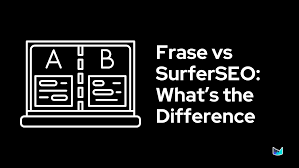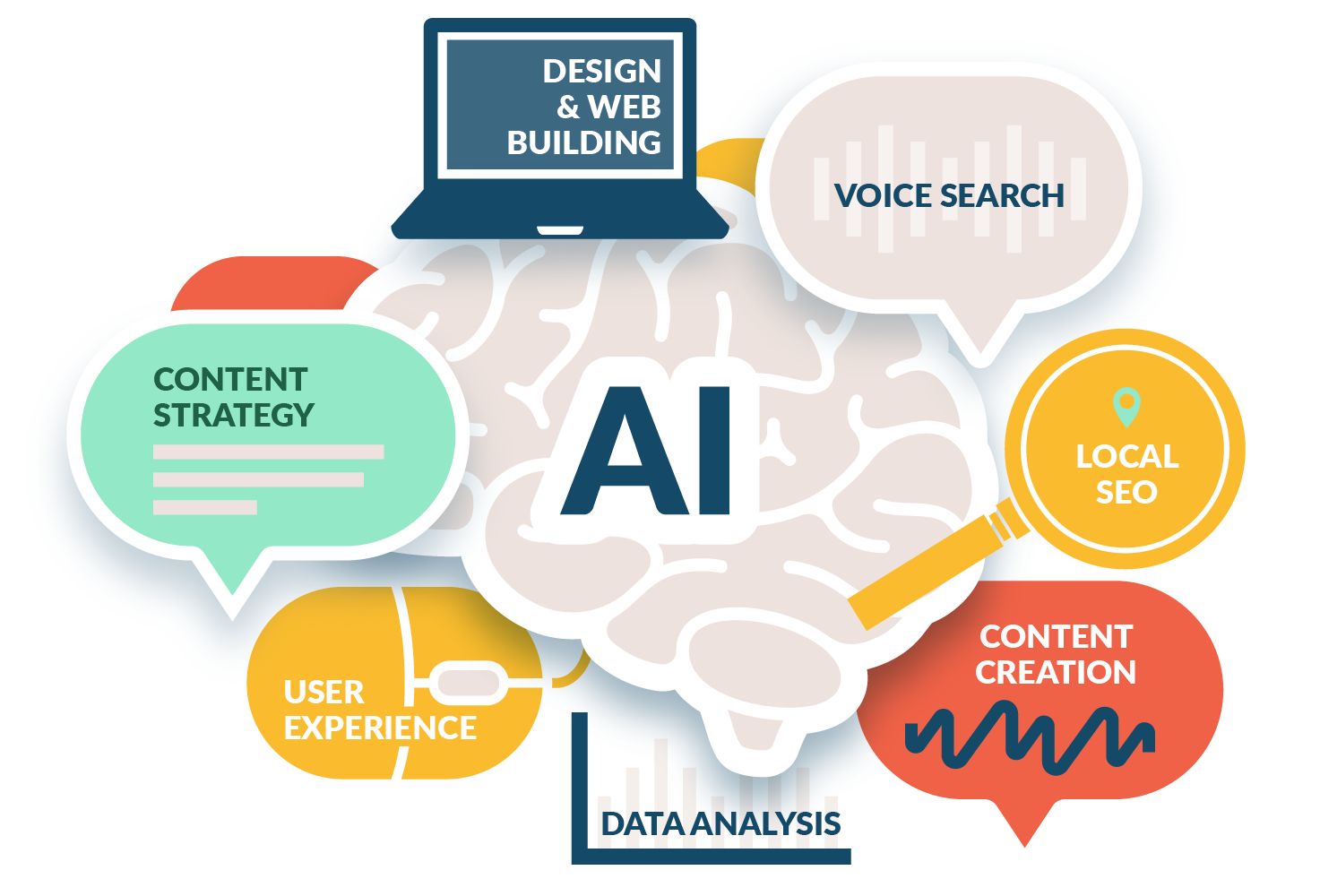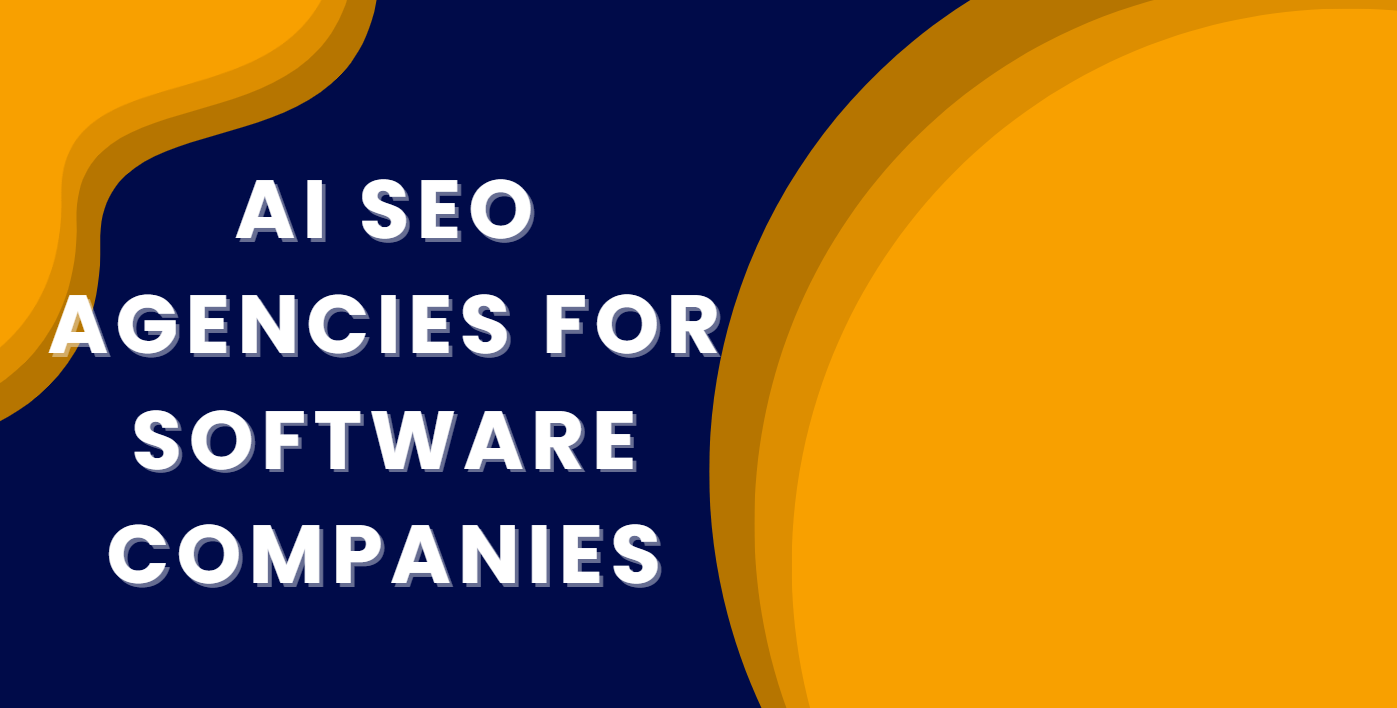AI and SEO tools help 75% of marketers streamline their optimization tasks today. The digital world changes rapidly.
Your business might fall behind since 65% of companies report improved search rankings after implementing AI. Numbers tell the compelling story – content creators have seen their online readership surge up to 300% by using AI strategies. This represents a fundamental shift in content creation.
AI-powered SEO writing helps you spot fresh opportunities and optimize conversions effectively. Each new blog post gives Google another chance to discover your website. Here’s the challenge – while AI reshapes search patterns, Google continues to favor content that reads naturally: helpful, relevant, and trustworthy.
Your valuable traffic could decline if you don’t adapt to these AI-driven search changes. We have good news though. This piece will guide you through balancing artificial intelligence with genuine expertise to enhance your blog’s visibility.
Want to elevate your SEO strategy? Let’s take a closer look.
What AI Means for SEO Today
AI has changed search engine algorithms fundamentally since 2015. Simple keyword matching is now obsolete – AI-powered systems like Google’s RankBrain and BERT now understand user intent and provide more relevant results.
Understanding AI-generated SEO content
AI-generated SEO content marks a transformation in digital marketing. Machine learning algorithms analyze huge datasets and identify patterns in user behavior. Marketers can now discover valuable insights that human analysis might overlook.
AI algorithms excel at grasping context – they understand surrounding text, situational usage, cultural aspects, and language meaning. Your content must address your target audience’s specific needs and concerns instead of just matching keywords.
Google states clearly: “Our focus on the quality of content, rather than how content is produced, is a useful guide”. AI content can rank well in search results when it helps users, offers original ideas, and stays relevant.
A HubSpot study revealed that 46% of respondents saw their pages rank higher with AI. Yet 36% noticed no change, and 10% saw their rankings drop. Success came to those who followed Google’s E-E-A-T framework:
- Expertise
- Experience
- Authoritativeness
- Trustworthiness
How generative AI is changing search behavior
Generative AI reshapes how people find online information. Nearly 80% of consumers use “zero-click” results in at least 40% of their searches. This cuts organic web traffic by 15% to 25%.
Traditional SEO metrics evolve as users spend more time with AI-powered interfaces. Users end 60% of searches without clicking through to another site. Half of the AI skeptics get their answers directly from search result pages.
Voice search adoption creates another significant change. Users ask longer, more conversational questions to voice assistants. Content now needs to match natural speech patterns rather than traditional keyword phrases.
Search queries continue to evolve. Users type terms like “help me,” “find me,” and “show me” more often as they adapt to AI’s capabilities. These modifiers point toward more individual-specific, task-oriented search experiences.
Content creators should focus on building authority rather than traffic volume. Creating content that AI systems reference as a trusted source should be your primary goal.
Benefits and Pitfalls of Using AI for SEO
AI integration into SEO strategy brings powerful advantages but comes with challenges that you must manage carefully.
Faster content creation and scaling
AI tools deliver remarkable productivity gains. PWC reports that these tools can lead to a 40% productivity increase. AI-powered platforms complete time-consuming tasks like data collection, original drafting, and simple editing within minutes. Your team can focus on strategic elements while keeping a steady publishing schedule.
AI streamlines these repetitive SEO tasks:
- Keyword research and topic clustering
- Content structuring and formatting
- Technical SEO audits and performance tracking
These tools excel especially when you have large datasets. They give an explanation that humans would take much longer to compile. Companies that make use of information from AI-assisted keyword research saw a 52% increase in organic traffic in just three months.
Common issues with accuracy and hallucinations
These benefits come with serious reliability concerns. “AI hallucinations” happen when systems create false information that looks real. Studies show ChatGPT created fake citations 40% of the time.
Google’s Bard chatbot made headlines when it wrongly stated the James Webb Space Telescope took the first images of an exoplanet. AI often presents wrong information confidently, making errors hard to spot without expert review.
Why human input still matters
Quality assurance needs human oversight. AI lacks context understanding, emotional intelligence, and ethical judgment. Your brand identity could suffer without proper human guidance.
Humans bring critical thinking that spots biases or inaccuracies in AI outputs. Topics like health or legal advice must have human verification.
Success comes from blending AI’s efficiency with human creativity and oversight. This partnership helps scale content production while ensuring accuracy. Your brand voice and ethical standards remain intact, leading to lasting SEO success.
How to Use AI Tools for SEO Content Writing
Smart AI tools can take your blog from invisible to first page. Here’s how you can use them to get real SEO results.
AI for keyword research and topic clustering
AI-powered keyword research does more than traditional methods. It analyzes search intent, predicts trends, and generates complete keyword lists. SEMrush and Ahrefs use machine learning to show you keyword difficulty, search volume, and SERP analysis.
Topic clustering has changed the game for content organization. AI tools spot semantically related keywords and group them based on what users want. This creates a logical content structure where:
- Your pillar page works as the main hub on a specific subject
- Cluster content branches out to cover related, specific topics
- Internal linking ties everything together smoothly
Search engines love well-laid-out, interlinked content, which makes this approach great for both users and SEO performance.
Creating SEO-optimized content briefs
AI creates complete content briefs that guide writers effectively.
A good brief should have:
- Target audience identification
- Topic structure with headings/subheadings
- Key points based on competitor analysis
- On-page SEO elements (meta descriptions, URL slugs)
- Word count recommendations
AI tools look at top-ranking pages for your target keywords. They find common topics, average length, and content structure. These findings create detailed briefs.
Improving readability and structure with AI
AI tools quickly improve content clarity through:
First, sentence-level improvements break up complex phrases, simplify vocabulary, and fix awkward writing. Second, you get suggestions for paragraph length, heading placement, and bullet point usage.
AI readability tools give scores using established indexes like Flesch-Kincaid. Scores between 60-70 show plain English at a 13-15 year old reading level. Scores of 90-100 mean super easy content for 11-year-olds.
Using AI to improve semantic relevance
AI builds semantic relevance by studying top-performing content and finding missing keywords. Tools suggest ways to add these terms naturally into your content.
AI tools also spot contextual links between keywords. This helps you create in-depth, relevant content that answers related “People Also Ask” queries. Search engines see your site as a trusted source on the subject when you take this complete approach, which can boost your rankings.
Best Practices for AI and SEO Integration
Finding the right balance between human expertise and artificial intelligence is vital for SEO success. Research shows that half of all consumers can spot AI-generated content. Your brand’s reputation depends on how people view this content. Let me show you how to make your AI-SEO strategy work better.
Avoiding over-reliance on AI-generated content
AI tools work best as helpers, not replacements. Your brand’s credibility could suffer from automated content that sounds generic and lacks a genuine voice.
Here are some better approaches:
- Let AI handle original drafts, outlines, or topic ideas while keeping human creativity intact
- Human editors should boost AI-generated text with their own insights and experiences
- AI lacks the ability to grasp your company’s views, tone, or what your audience expects
Google actively looks for “content with the primary purpose of manipulating ranking”. The right mix of AI’s speed and human oversight creates authentic, expandable content.
Lining up with Google’s EEAT guidelines
Google ranks content based on Expertise, Experience, Authoritativeness, and Trustworthiness. Here’s how you can meet these standards:
Start by sharing real experiences through personal stories, case studies, and practical advice that AI cannot create. Next, show your expertise with proper author credentials and source citations. Build trust through clear authorship, detailed author profiles, and well-documented information sources.
While Google cares more about content quality than how it’s made, human expertise makes content feel genuine to readers and search algorithms.
Fact-checking and updating AI content regularly
AI can make up facts – stating wrong information with confidence.
You need strong quality checks:
- Check each fact or statistic against trusted sources
- Look for copied content using Scribbr or Grammarly
- Review your content every three months to find old references or broken links
- Keep statistics, charts, and citations current
Accuracy matters, but so does freshness. AI models prefer current information. Regular updates tell search engines and readers they can trust your content.
Conclusion
AI has fundamentally changed our approach to blog SEO. This piece shows how AI tools can reshape your search rankings when you use them effectively.
The key to success lies in balancing AI efficiency with human creativity. AI excels at data analysis and content creation, but your expertise adds the authenticity that Google rewards. Note that 50% of consumers can spot AI-written content – they expect something genuine from you.
AI proves its worth in specific SEO tasks. Your keyword research becomes more user-friendly, content briefs turn out more detailed, and readability gets better. These benefits explain why businesses using AI-assisted SEO have seen up to 300% increases in readership.
Staying cautious is vital. AI hallucinations and factual errors can damage your credibility. Publishing inaccurate information without proper fact-checking could harm your reputation. Human oversight isn’t optional – it’s crucial.
Search continues to evolve faster. Zero-click searches grow and voice queries become common, pushing your content strategy to adapt. Your focus should shift from simple traffic metrics to building real authority.
Google’s EEAT guidelines should stay central to your strategy. AI helps you scale, but human expertise, experience, and trustworthiness truly make your content stand out.
Think of AI as your capable assistant, not a replacement. Let it handle the heavy work while you add the human touch readers want. This partnership offers the best way forward in the AI-enhanced SEO world.
Take small steps, test regularly, and track what works. Successful blogs won’t be the ones using the most advanced AI – they’ll be those finding the sweet spot between tech efficiency and human wisdom.



